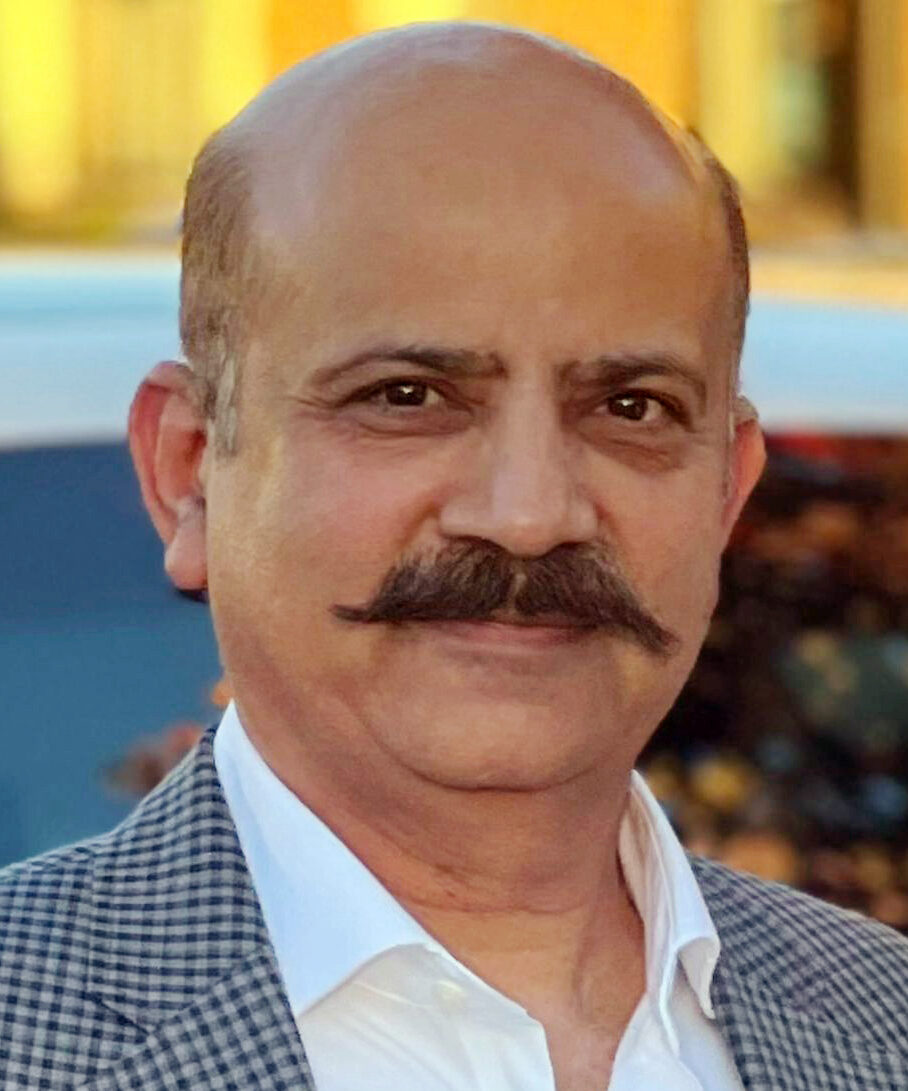From ‘Late Night’ To ‘One Day’: Ambika Mod And Nisha Ganatra Talk Role Models, Representation, And Resilience At Cannes

As we know, representation is important, but how do you remove the weight of being one of the very few women of colour in the industry and try not to let the daily pressure affect your work?
Nisha: I don’t do that, I just put the pressure on daily, and I try to enjoy the work that I’m doing, haha.
Ambika: Haha, I mean yeah, same – you just have to keep reminding yourself that actually you’re not here to represent every single person, you’re here to do your job and follow the things.
Nisha: I don’t know, I try to represent every single person, every South Asian.
Ambika: Oh, really? Oh God, that’s probably why you’re having a really hard time haha no I’m joking but just the South Asians yeah we all have a homogenous experience and they can all be captured with whatever we’re doing.
During the panel, you both spoke about the importance of role models and as we know, it’s hard to be what you can’t see. What is a women-led project, either behind the scenes or on screen, that you hold dear to your heart?
Ambika: I think I’m in a rare position where majority of the major TV jobs I’ve done have been led by women, women execs, women producers, women directors, especially women lead directors and I’m aware what a privileged position that is to have been in and it’s probably given me a very warped sense of what the reality is actually like out there. For shows like This Is Going To Hurt or One Day, it was predominantly women-led teams, women at the helm – both of those projects, not just what happened after they came out, but just making those projects were really enlightening experiences that changed my life.
Nisha: I mean Late Night was very inspiring because I think Mindy (Kaling) just wrote the script for herself to be in features because she wasn’t being cast in features as the lead and she wrote it with Emma Thomspson and then Emma Thompson was magically manifested by the universe to come to this and then we all together got to make this film. I think Emma Thompson is incredibly inspiring, she’s someone we both have the luck of working with and talking to. I think any time there are women behind the camera, it’s inspiring because you learn something from all of them, I mean, right now, this is pretty exciting, there’s a woman behind this camera.
Ambika: A woman behind the scenes!
You’ve both spoken so highly about Emma Thompson in the past and how she’s guided you. What is the best piece of advice you’ve received from a woman in the industry?
Ambika: I mean sorry to bang on about Emma Thompson again but the thing she said to me, that always sticks out to me and I always remind myself of, is that she said “there’s no such thing as a career, there’s only what you do next” which I think is also something that I remind myself of when I’m putting pressure on myself or feeling like a burden or I feel this social responsibility – I just need to find a thing that excites me next and that can take any shape or form and it can be different to what I thought it was gonna be. I don’t have to answer to anyone but myself in this industry, to an extent.
Nisha: I guess on that same sort of front, a distributor once said to me “don’t wait too long to make your next film because – filmmakers are allowed to fail” and that is not true for women, but I try to, luckily we haven’t, but I try to remember that to take some of the pressure off. You’re allowed to make a bad movie, even though it definitely feels like you’re not.







